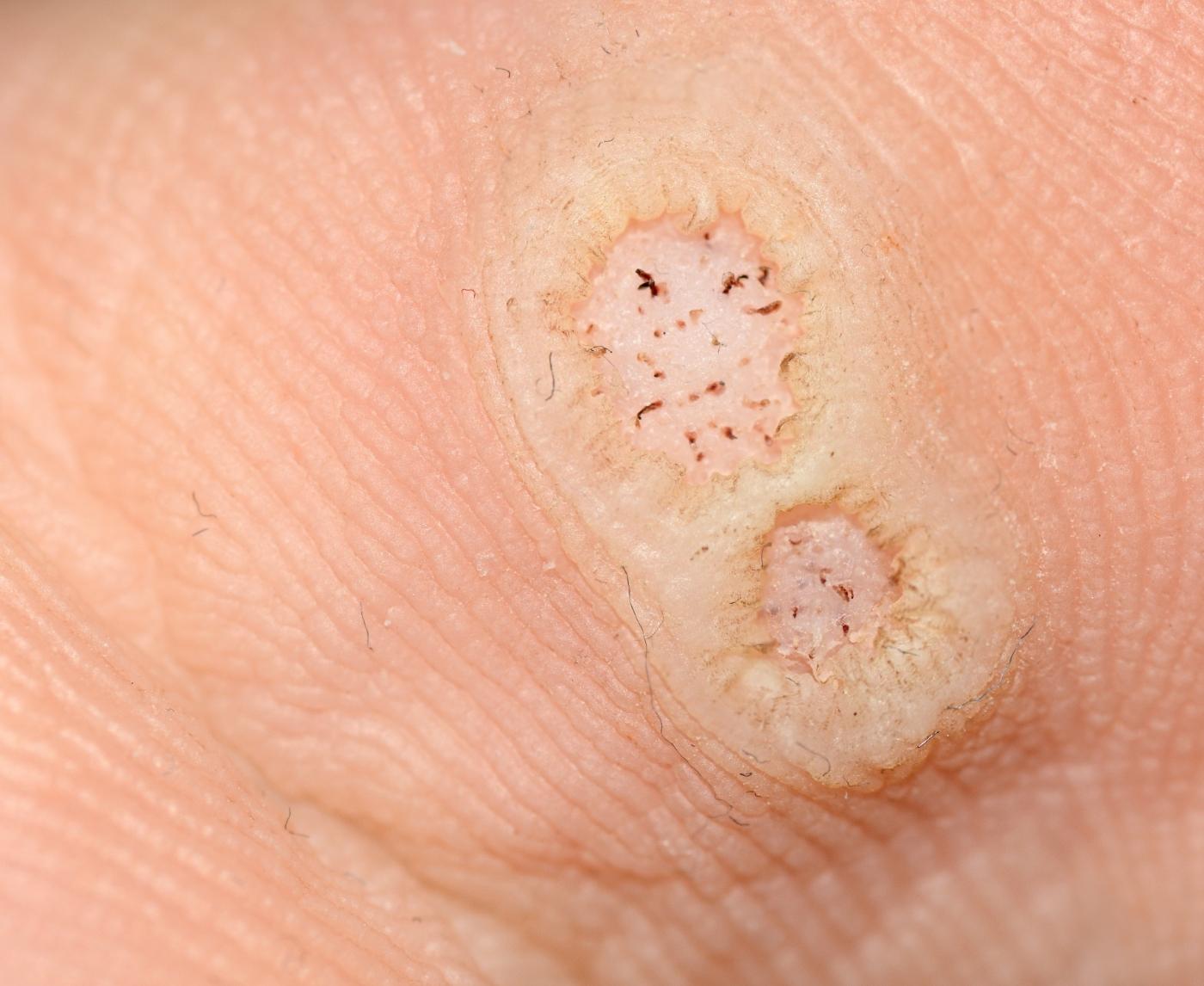The Most Dangerous Sex Act for STDs (And How to Stay Safe)
What Are Genital Warts?
Genital warts are small bumps or eruptions on the genital, anal, or mouth region and are caused by specific strains of the HPV virus. The virus itself is spread primarily by skin to skin contact, typically during sex, and therefore makes it extremely infectious. Genital warts can be anywhere on the skin and most commonly appear on the genital and anal areas, but also potentially occur in the mouth and throat in a minority of cases.
HPV genital warts are caused by low-risk types of the human papillomavirus, which is different from the high-risk types that cause cancer. Genital warts may look different: they are usually flesh-colored, raised, and may occur in clusters that have the texture of cauliflower. The growths may be small or large, and sometimes they may be flat or look like small bumps.
Although the warts themselves are not usually painful, they can be tender, itchy, and uncomfortable, especially with sex. It is also common for people to experience emotional distress because of the shame surrounding STIs like genital warts. Although genital warts may sometimes resolve spontaneously as the immune system in the body kills off the infection, most people choose to have the warts removed to prevent symptoms and passing on the disease to others.
It is crucial to realize that even though genital warts are not fatal, they are very infectious. This calls for the necessity of safe sex and proper treatment to manage the condition. Under the next subtopic, we will present the benefits of early diagnosis and treatment, which have a lot to do with preventing complications.
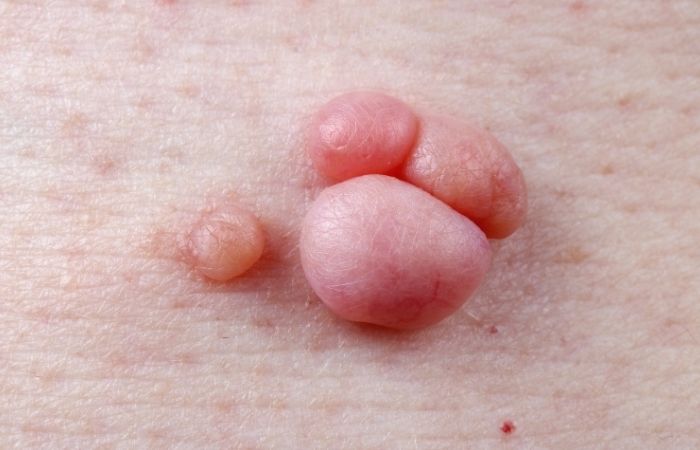
Why Early Diagnosis Matters
Early diagnosis and treatment of genital warts are linked to several significant benefits, not only in physical health, but also in improving the emotional condition. One of the most precious benefits is the ability to avoid further transmission of the virus. The HPV virus, particularly the types that lead to genital warts, can be transmitted through skin-to-skin contact, like during sex. By receiving early treatment, the patients are able to reduce the risk of spreading the virus to others.
Early detection also prevents potential complications. While the warts themselves are not normally harmful, in certain cases, the HPV virus is capable of resulting in serious health complications. Some forms of HPV are also capable of inducing cancer, like cervical, anal, and throat cancer. Regular screening, especially for individuals who have had genital warts, can detect any potential signs of cancer before they are serious. For instance, women with HPV genital warts must undergo regular Pap smears to screen for any changes in cervical cells that could indicate precancerous lesions.
Treatments for genital warts, such as cryotherapy, topical therapy, and laser, can also treat symptoms and improve the quality of life of patients. Genital warts itch, cause discomfort, and are painful during sexual intercourse. Removal or lessening these sores can ease one and restore self-confidence.
Besides health advantages, early treatment decreases the psychological and emotional weight of having genital warts. Due to social stigmatization about sexually transmitted infections, they become embarrassed and agitated. With consultation from healthcare providers regarding a solution to the issue using medicinal intervention, sufferers can assert bodily authority and initiate healing.
HPV vaccination is a critical preventive intervention that can reduce the risk of getting genital warts and related cancers. HPV vaccine is highly effective in preventing infection with high-risk types of the virus that cause cancers of the cervix and other sites. The vaccine has also been shown to reduce the frequency of low-risk HPV strain-causing genital warts.
Check Your STD Status in Minutes
Test at Home with RemediumPapillomavirus (HPV) Test
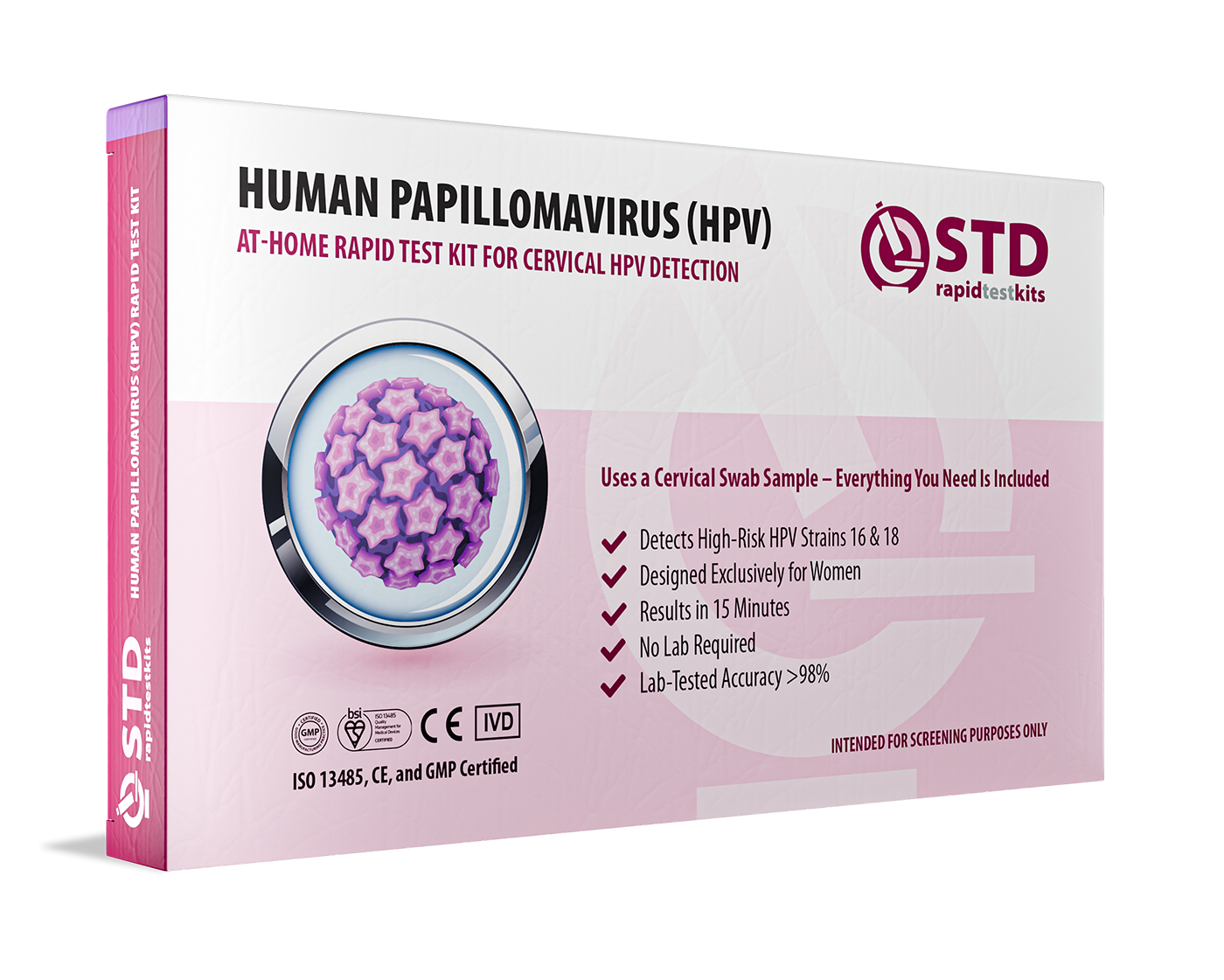
 For Women
For Women Results in Minutes
Results in Minutes No Lab Needed
No Lab Needed Private & Discreet
Private & DiscreetOrder Now $33.99 $49.00
Genital Warts Risks
While genital warts are not normally life-threatening, there are difficulties and risks associated with the disease. One of the most substantial risks is the emotional toll of genital warts on those with the disease. The stigma surrounding STIs results in patients being embarrassed, humiliated, or self-conscious regarding their condition. This emotional toll can lead to anxiety, depression, and having difficulty discussing the condition with sexual partners or medical professionals.
The other challenge is the persistence of the virus. Although genital warts may heal on their own in some cases, the infection from HPV may persist in the body for many years. This means that even when the warts disappear, the virus may continue to be transmitted to other individuals. This is particularly concerning to individuals who may not be aware that they have genital warts and unknowingly transmit the infection.
Genital warts also put one at risk of developing other cancers, such as cervical, anal, and throat cancers. Although the HPV types that cause genital warts are typically low-risk, there are individuals who have genital warts but harbor high-risk types of the virus too. This makes it essential for individuals with genital warts to be screened on a regular basis, especially for women who should have Pap smears to identify cervical abnormalities.
In addition, genital warts can affect quality of life, particularly if the warts are painful, large, or in sensitive areas. The warts can cause sex to be painful, which can damage relationships. Physical appearance of genital warts can also affect body image and self-esteem in some people.
The treatment of genital warts, though effective, also has its own pitfalls. Depending on the treatment modality employed, the individuals may be pained, scarred, or have the warts recur. Cryotherapy, for instance, is where the warts are frozen off, which could be painful and necessitate repeat procedures. Laser therapy and other interventions could also be expensive and necessitate follow-up therapy.
Recommendations
When it comes to treating genital warts, there are several treatments available that can effectively relieve symptoms and prevent the spread of the virus. Depending on the size, location, and number of warts, treatment will be different based on personal preferences.
One of the most sought-after treatment procedures is cryotherapy, where the warts are frozen by using liquid nitrogen. It is a very effective way of removing warts but may require numerous sessions to remove them entirely. Pain or slight scarring is sometimes felt by certain people, but the result generally turns out to be successful.
Another option is topical creams used right on the location of the warts. Medications like imiquimod or podophyllin will make genital warts reduce or disappear. The medications can take weeks to be effective, and one must persevere with the treatment regime in order to gain this. A few individuals will experience irritation of the skin as a side effect, so one should have their healthcare provider talk to them before treatment.
For larger warts or resistant cases to topical treatment, laser treatment may be recommended. Laser treatment uses intense light to destroy the warts, and while it is more invasive than cryotherapy or topical therapy, it is effective on resistant cases. It typically takes place in a doctor's office, and patients will usually feel pain during its administration, followed by a recovery phase.
Surgical excision is also available for those who have large or chronic genital warts. Surgical excision is generally reserved for recalcitrant cases, and it means actually cutting the warts off. Although surgical removal can work well, scarring may occur as a result of this process, and the wounds take longer to heal.
In addition to these treatments, vaccination against HPV is an essential preventive measure. The HPV vaccine can help protect against the strains of the virus that cause genital warts and certain cancers. For those who have not yet been vaccinated, it is recommended to discuss vaccination options with a healthcare provider, especially for individuals in their teens or early 20s.
Aside from medical procedures, the application of safe sex practices is the most effective way of preventing the spread of genital warts. Having sex while wearing condoms, even without any visible warts, can reduce the risk of transmission. It is also important to have open and honest communication with sexual partners about sexual health and to encourage regular STI testing.
Expert Opinion & Studies
The expert opinions concerning the treatment and management of genital warts focus on the imperative of early action and personalized attention. Dermatologists and doctors emphasize that despite the challenging nature of the disease, there exist viable treatments for the condition and that the majority of individuals are able to cope with the illness effectively with timely medical care.
Dr. Sarah Mitchell, a 20-year-plus veteran dermatologist, explains:
"While genital warts can be painful and emotionally upsetting, patients should be reassured that HPV is common and that there are effective treatments for the disease. Early diagnosis and treatment are key to preventing the spread of the virus and reducing the emotional impact of the diagnosis."
In one case study, a 28-year-old woman named Emily had been dealing with genital warts for a few months. She had attempted over-the-counter treatments unsuccessfully, which led to increased anxiety and frustration. After a visit to a medical professional, she was prescribed cryotherapy. Emily recalls:
"The cryotherapy was a bit uncomfortable, but it was worth it. Within a few visits, the warts were eliminated, and I felt much more confident again."
For some patients, treatment could be prolonged, especially for patients with chronic warts. A follow-up report of a 35-year-old male patient Mark illustrates the importance of follow-up treatment. Mark had undergone laser treatment for gigantic warts which were not relieved by local therapy. He remembers:
"The laser treatment was a bit painful, but afterward, I was wart-free. It took a few months for the area to heal completely, but I’m grateful for the results.”
While genital warts can appear in individuals of any age, young adults and adolescents especially should be informed about the HPV vaccine.
"The HPV vaccine is very effective in preventing the types of HPV that cause genital warts, as well as the high-risk types that cause cancer," says Dr. James Turner, an infectious disease specialist. "I strongly recommend that everyone who is eligible get the vaccine as part of their preventive health care."
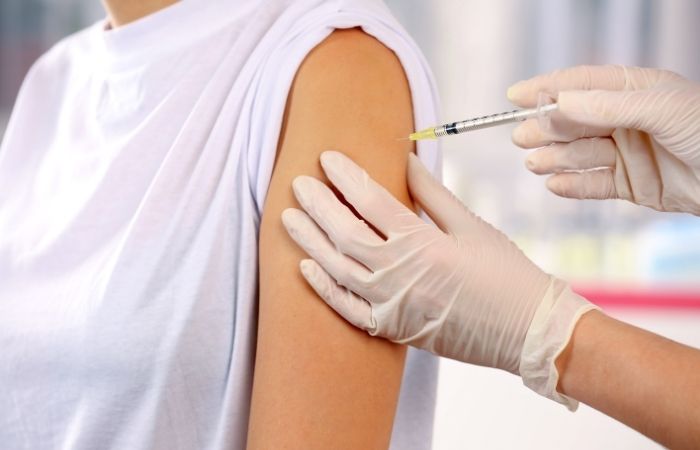
Practical Applications
It is necessary to understand genital warts and HPV for the protection of your own and others' health. Some practical uses that will help you in managing the condition and reducing the risk of spread are mentioned below:
- Self-Examination: Conducting routine self-exams can help you detect genital warts early. Look for unusual bumps or lumps on the genital area and anal region, as well as the mouth and throat. If you notice something different, seek a health care provider's evaluation and possible testing.
- Open Communication: If you are diagnosed with genital warts or any other sexually transmitted infection, it is essential to be honest with sexual partners. Being honest about your sexuality and discussing protection usage can stop the spread of HPV and other STIs.
- Follow Medical Advice: Always follow your healthcare provider’s advice regarding treatment. Whether you’re using cryotherapy, topical medications, or opting for laser therapy, consistency is key to effective treatment. Be sure to attend follow-up appointments to monitor progress and make adjustments to the treatment plan as needed.
- Vaccination: If you haven't been vaccinated for HPV, now is the time to get it done. The HPV vaccine is most effective when administered before exposure to the virus, which is why it's encouraged in young people. Still, even adults who have not been vaccinated can derive benefit from the shot, so talk things over with your health care provider.
- Practice Safe Sex: To prevent genital warts transmission, always use condoms or dental dams during sex. Although condoms are not 100% effective against HPV, they can greatly reduce the risk of transmission.
- Regular Screenings: For women, Pap smears at frequent intervals are essential in order to identify any cervix change that would indicate direction toward HPV-induced change. Persons with a high risk of anal cancer due to HPV need to undergo regular screenings too.
With the above actions, you will become more assertive in tackling genital warts and minimizing impact on your wellbeing and relationships.
Check Your STD Status in Minutes
Test at Home with Remedium3-in-1 STD Test Kit
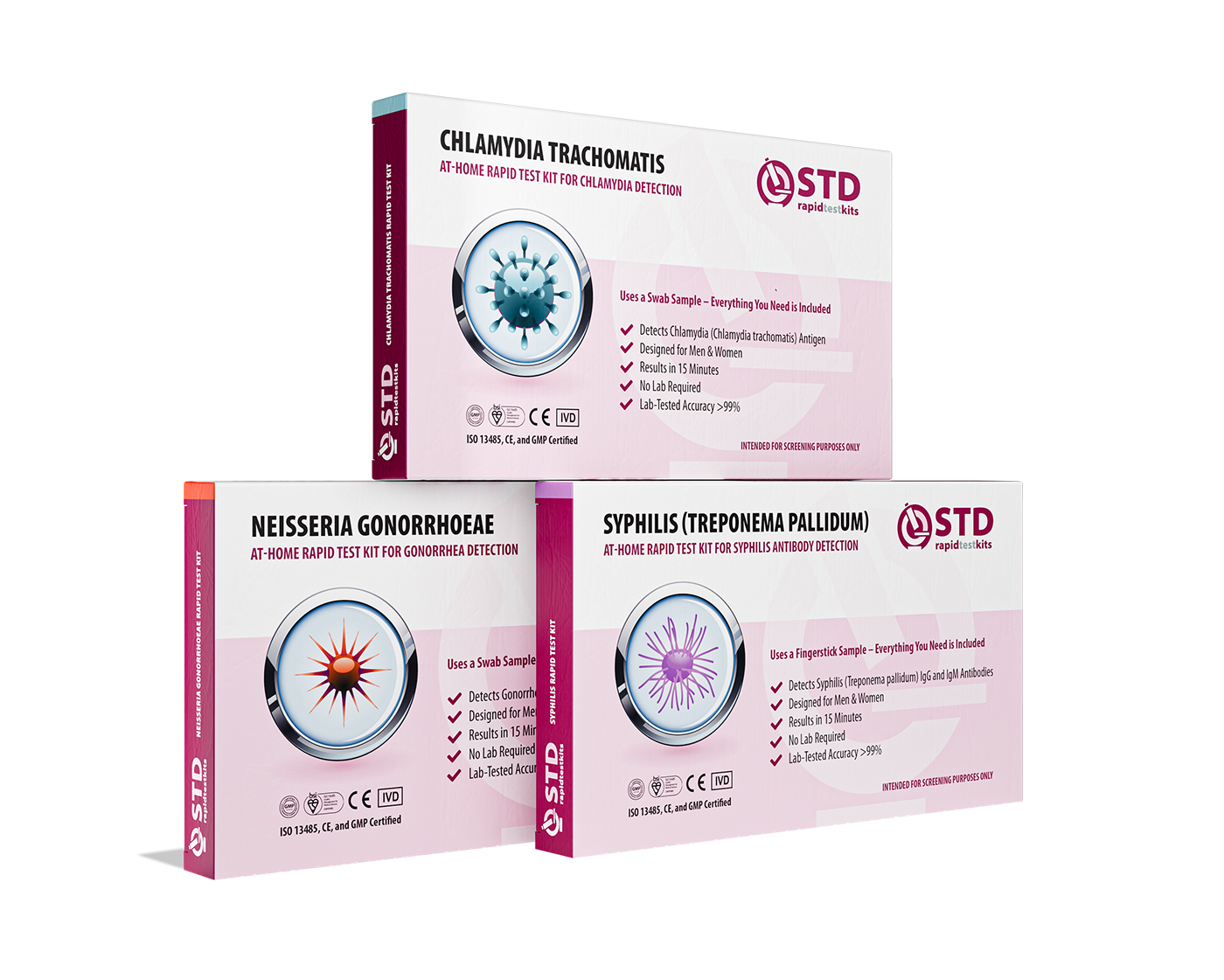
 For Men & Women
For Men & Women Results in Minutes
Results in Minutes No Lab Needed
No Lab Needed Private & Discreet
Private & DiscreetOrder Now $69.00 $147.00
For all 3 tests
Myths
There are certain general myths related to genital warts which may create confusion and unnecessary anxiety. Destruction of such myths is necessary to familiarize the public about the actuality of the condition and appropriate management of the same.
Myth 1: Genital warts are a death sentence.
Of all the myths surrounding genital warts, perhaps the most common is that genital warts are a severe medical condition and potentially life-threatening. It is true that some forms of HPV have been known to lead to cancer, but genital warts themselves are generally not life-threatening. The low-risk types of HPV that create genital warts can be effectively treated with proper treatment in most individuals.
Myth 2: Genital warts are an indication of poor hygiene.
Genital warts are acquired from HPV, not due to not being clean. In fact, anyone who is sexually active can become infected with the virus, regardless of their personal hygiene routine. The virus is transmitted through skin contact, and a person can contract HPV even when they use a condom, although condoms will reduce the likelihood of acquiring the virus. Being clean is always important to one's overall health, but it will not directly cause genital warts.
Myth 3: You can't get rid of genital warts.
While genital warts may resolve on their own at times, there are numerous treatments available, such as topical creams, cryotherapy, and laser therapy. These can be employed to eliminate the warts effectively and stop them from recurring. While genital warts may recur following treatment, they can usually be managed with proper medical care.
Myth 4: You can contract genital warts only through sexual intercourse.
Although genital warts are most effectively transmitted through sexual intercourse, they can also be transmitted through other forms of skin contact. This involves intimate touching or the sharing of towels, though at a lower infection rate in non-sexual contact. It should be noted that even without any apparent presence of warts, the virus can still be transmitted.
Myth 5: Genital warts are visible, so I'll be able to tell if I have them.
Not all genital warts are visible. In some cases, they are small, flat, or inside the body and are hard to find. Self-examinations and professional exams are necessary to find genital warts early and get proper treatment.
Dispelling these myths makes people less worried about their diagnosis and more able to cope with their condition with the help of healthcare professionals.
FAQs
1.- What are genital warts?
Genital warts are small cauliflower-like bumps that form on the anal or genital area as a result of low-risk types of HPV. The warts are contagious through sex.
2.- What do I look for if I have genital warts?
Most common symptom is the appearance of small, raised, flesh-colored bumps on or around the genital, anal, or mouth areas. If you notice any abnormal growths, consult a healthcare provider for diagnosis and treatment.
3.- Are genital warts contagious and can they heal on their own?
Sometimes, genital warts might also disappear spontaneously with the virus being eliminated by the immune system. In any case, treatment for the elimination of warts as well as stopping the virus spread is always best sought out.
4.- Are genital warts infectious?
Yes, genital warts are extremely contagious and are usually spread via contact of skin against skin, like sex. Although the virus is infective even in the absence of warts, it will spread when none is apparent.
5.- How are genital warts treated?
Treatment is done through cryotherapy (freezing), topical medication, laser, or surgery. A health care provider will determine the best course of treatment depending on how bad the condition is.
6.- Do genital warts lead to cancer?
Even though the HPV strains that cause genital warts are of low risk, some types of HPV put a person at risk of cervical, anal, and throat cancers. Screening and vaccination every now and then can curb these risks.
7.- Can I get genital warts from oral sex?
Yes, genital warts can be transmitted by oral sex, even if the person does not have any visible warts. HPV infects the mouth and throat as well as the genital area.
8.- Can genital warts be prevented?
Vaccination against HPV is the best way to avoid genital warts. Safe sex through condom use also reduces the risk of transmission.
9.- How long does it take to treat genital warts?
Treatment length varies depending on the method of treatment. Treatment takes a few weeks in some cases, whereas others require a number of sessions.
10.- Is genital warts curable?
No long-term cure exists for genital warts, but treatments exist to clear warts and suppress symptoms. Prevention against future infection with some strains is done with the HPV vaccine.
Take Care!
Genital warts are an unfortunate but manageable condition brought about by HPV. While painful and distressing, having the facts and seeking treatment at an early stage can enable individuals to regain control of their health. Early diagnosis, management, and prevention by vaccination and safe sex are the key to managing genital warts.
The stigma of STIs, like genital warts, may make the process feel isolating. Yet with proper treatment, most people can manage the condition successfully and lead productive, healthy lives. If you notice any abnormal growths or symptoms, don't wait to see a healthcare provider. Early treatment is crucial in order to prevent the risk of complications and infecting others.
If you suspect you have genital warts or are concerned about HPV, don't wait. Take control of your sexual health by consulting with a health practitioner for proper diagnosis and treatment guidelines. Early detection is the key to managing symptoms and preventing the spread of this common STD.
Sources
1.- Genital Warts: Causes, Symptoms, Treatment & Prevention – Cleveland Clinic
2.- Genital Warts – Diagnosis and Treatment – Mayo Clinic
3.- Genital Warts – Prevention and Treatment – Healthdirect
4.- Genital Warts – Symptoms and Causes – Mayo Clinic
5.- Genital Warts: Treatment, Causes, and Symptoms – Medical News Today






